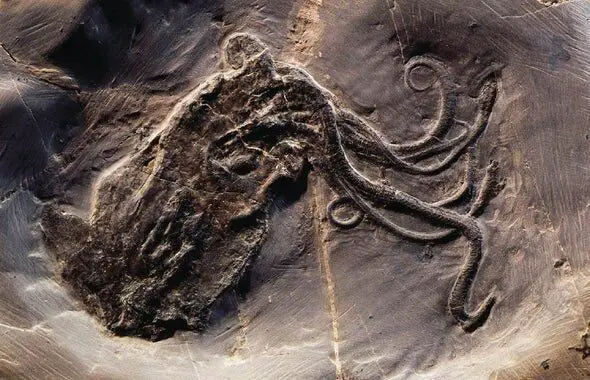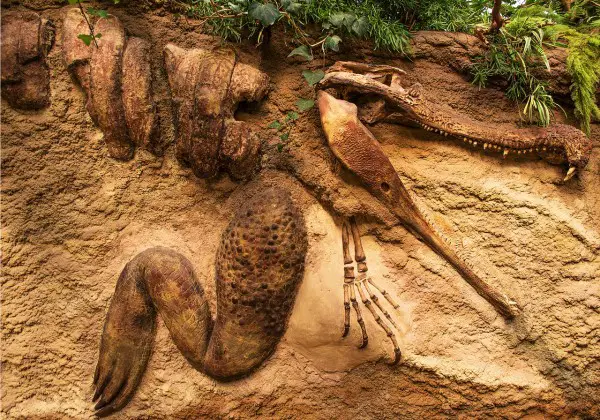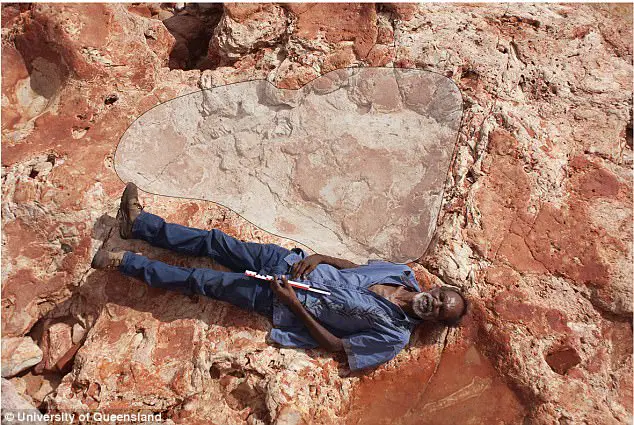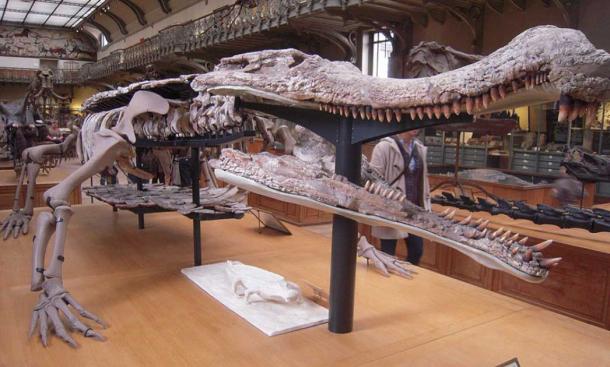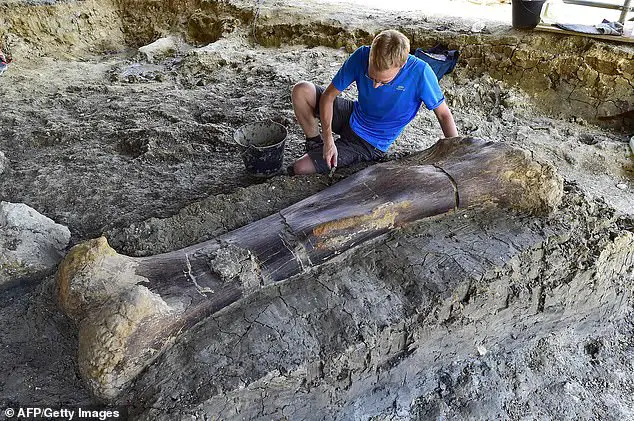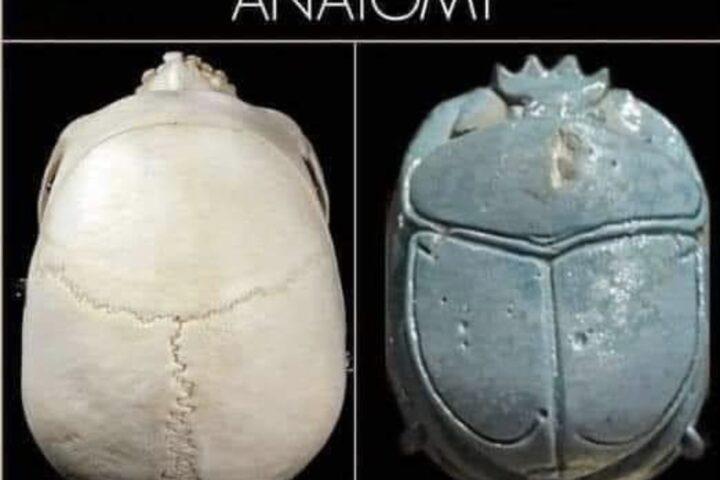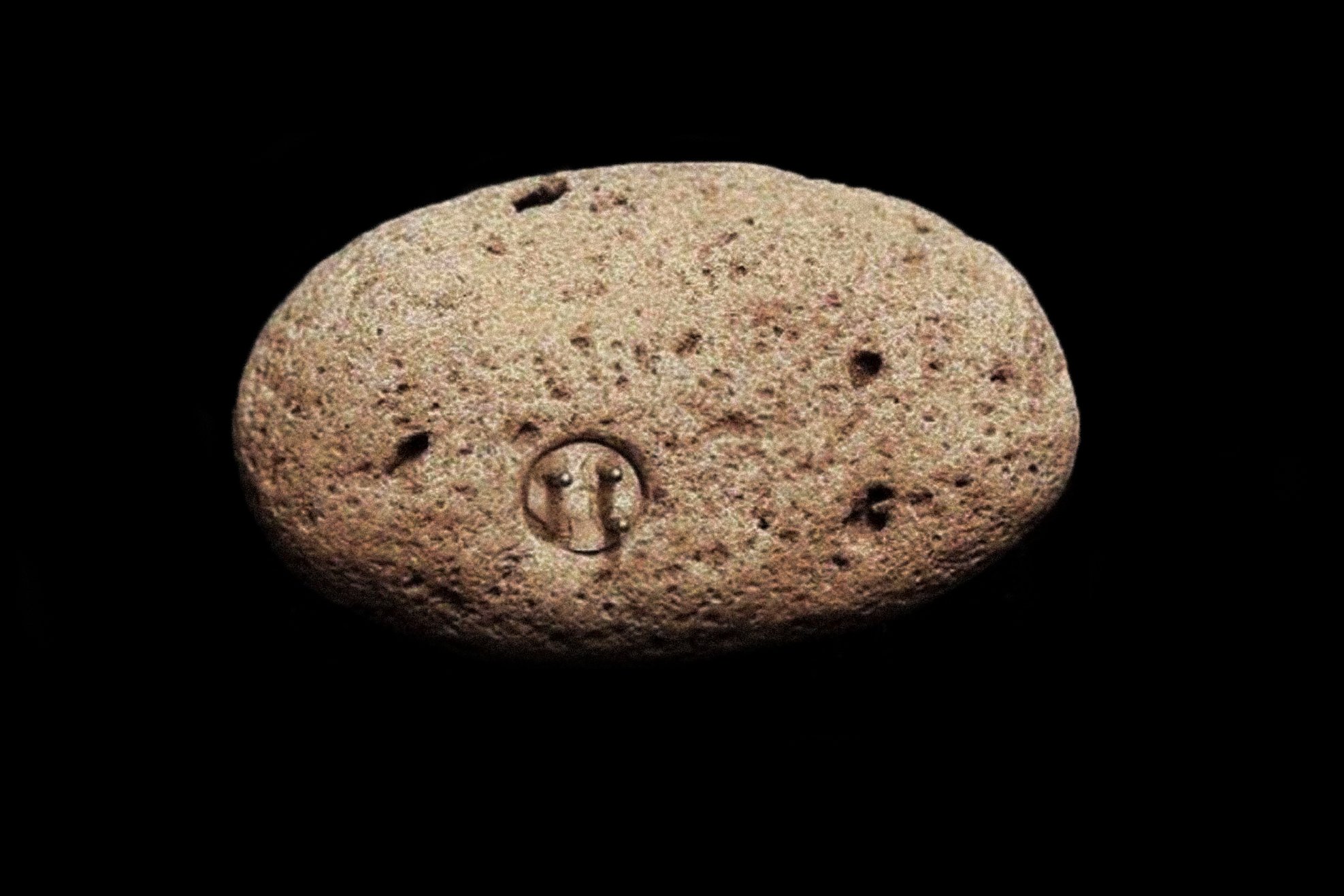In the hidden realms of Earth’s ancient oceans, a remarkable creature left behind its imprint in the sands of time. The oldest octopus fossil, a silent witness to the eons that have passed, boasts an astonishing age of 296 million years, standing as a testament to the incredible longevity of these enigmatic cephalopods. This ancient relic predates even the reign of the mighty dinosaurs, offering a captivating glimpse into a world that existed long before the emergence of the colossal reptilian rulers.
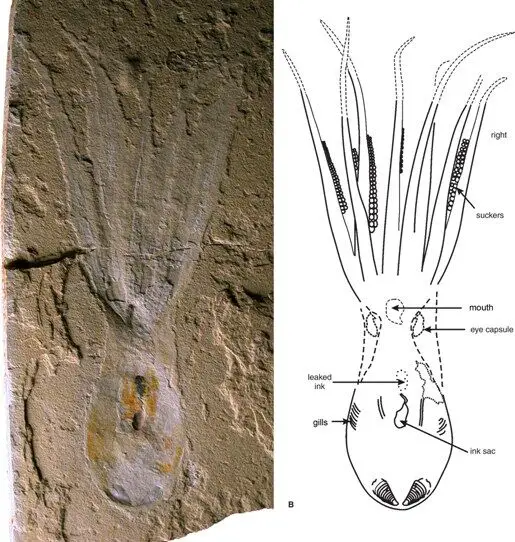
Imagine, if you will, a distant era where the oceans teemed with life forms vastly different from those we know today. It was during this epoch that the mysterious octopus, with its remarkable intelligence and unique anatomy, first ventured into the sprawling underwater landscapes. The fossilized remains of this ancient cephalopod tell a story of resilience and adaptation, echoing through the ages.
The discovery of the 296-million-year-old octopus fossil challenges our understanding of the timeline of life on Earth. To put it into perspective, this incredible find predates not only the age of dinosaurs but also transcends the boundary between the Paleozoic and Mesozoic eras. This means that the octopus, in some form, has been navigating the ocean depths for an unimaginable span of time, evolving and adapting to the ever-changing conditions of its aquatic home.
As we ponder the significance of this ancient relic, it is important to recognize the remarkable evolutionary journey that the octopus has undertaken. The fossil provides valuable insights into the adaptive strategies employed by these cephalopods over the course of millions of years. From their earliest days to the present, octopuses have demonstrated an unparalleled ability to thrive in diverse environments, evolving into the intelligent and highly adaptable creatures we marvel at today.
The intricate details preserved in the fossilized remains offer a glimpse into the ancient anatomy of the octopus, allowing scientists to piece together the puzzle of its evolutionary history. The study of this prehistoric cephalopod provides a unique opportunity to unravel the mysteries of its ancient kin, shedding light on the origins and development of one of nature’s most intriguing and elusive creatures.
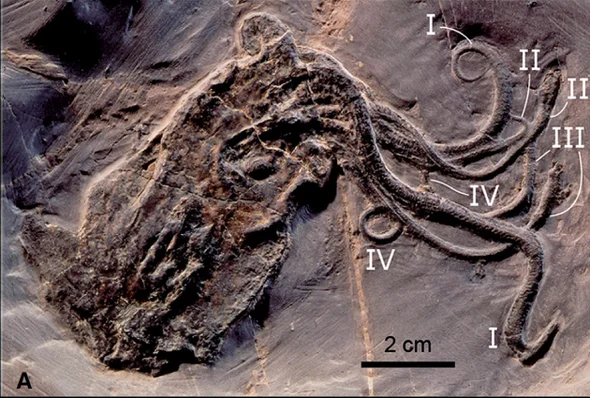
As we marvel at the age of the oldest octopus fossil, we are reminded of the vast stretches of time that have unfolded on our planet. The octopus, with its ancient lineage, serves as a living (or, in this case, fossilized) testament to the resilience and adaptability of life on Earth. In a world that has witnessed countless changes and extinctions, the octopus stands as a symbol of continuity, a creature that has endured and thrived through the ages.
So, the next time you gaze upon the ocean waves or encounter the elusive octopus in an aquarium, take a moment to appreciate the deep history that these creatures carry with them. The oldest octopus fossil invites us to reflect on the wonders of evolution and the enduring legacy of life forms that have shaped the narrative of our planet for millions upon millions of years.

